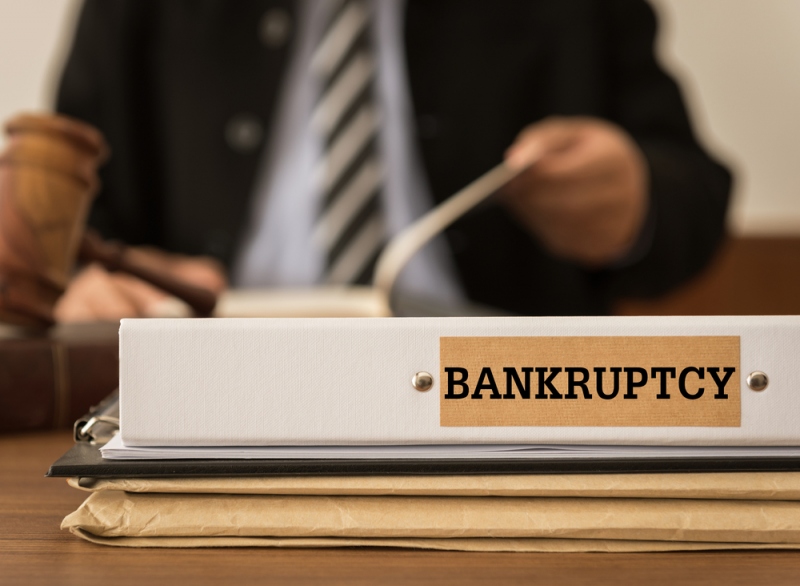Because many people don’t have a clear idea on how to file bankruptcy or are terrified to even think about declaring that they are bankrupt, many people also believe a lot of misconceptions about this legal proceeding.
To clear things up, we will debunk five common myths about bankruptcy. Hopefully, this will also remove the stigma around bankruptcy and debt in general.
Myth: You Will Lose Your House And Your Car
There is little chance of these scenarios happening, whether you file Chapter 7 or Chapter 13 bankruptcy. Depending on where you live, you are allowed an equity exemption for your house and car. For example, if you are filing bankruptcy in Arizona, the exemption is up to $150,000 in your house equity and up to $5,000 in your car equity (for one car). If you are married, the exemption increases to $10,000 for one or two cars.
The bottomline is that as long as you make the agreed upon payments on time, neither your house nor your car would be seized to cover your debts. This can also be enforced when you make a reaffirmation agreements with your creditors.
Myth: You Will Never Be Able to Get a Credit Card Again
This myth persists because there are a lot of financial institutions that decline or are reluctant to accept applications (with good reason) from those who have declared bankruptcy. There are some cases where people have applied for and received credit cards after only a few months of their bankruptcy discharge, which can make you quite envious indeed. But the key element here is time. Be persistent and resilient — playing the waiting game here allows you to prove to creditors that you have gotten better with managing your finances.
There are also alternative products that are suited for people who have just been discharged from bankruptcy. Try those first and make sure to be an excellent customer — secured cards regularly send reports to credit bureaus regarding credit activity, so if you’re a good customer, you can easily re-establish a good credit reputation.
Myth: You Will Lose Your Job When You File for Bankruptcy
It is illegal everywhere in the United States to fire someone because they filed for bankruptcy. In fact, if you can prove that your employer fired you because you filed for bankruptcy, you can sue them back. Your job is protected by federal legislation so that, while your current or potential employers can review your credit file at any time, they cannot discriminate against you based on these grounds.
Myth: Everyone Will Know That You Filed for Bankruptcy
The list of those who have filed for bankruptcy is public record, true. However, they aren’t reported on, whether in print or broadcast, not unless the entity is a popular individual or corporation such as in the case of Kodak. Unless you explicitly tell someone, they wouldn’t know that you have filed for bankruptcy. The only other person who will know is your mailman, who will be delivering your court notices.
Some people are hesitant to file for bankruptcy even if it is the most ideal course of action because they are embarrassed. This is a normal emotion, but there really should be no shame involved, especially since you’re already taking steps to get your finances back on track. In fact, telling the important people in your life about your bankruptcy claim may be helpful, if only to release an emotional burden.
Myth: All Your Debts Will Be Cleared When You File for Bankruptcy
A huge portion of your debts will definitely be eliminated when you file for bankruptcy, but there are some debts that are exempted. These include federal and state-specific taxes, alimony and child support, and student loans. There are other additional debts exempted from Chapter 7 or Chapter 13 depending on where you live, so it’s best to consult a professional to know for sure.
As with most things in life, knowing is half the battle when it comes to bankruptcy. It may be a daunting prospect, but if you’re equipped with the right information, you’ll be more confident about this matter.
